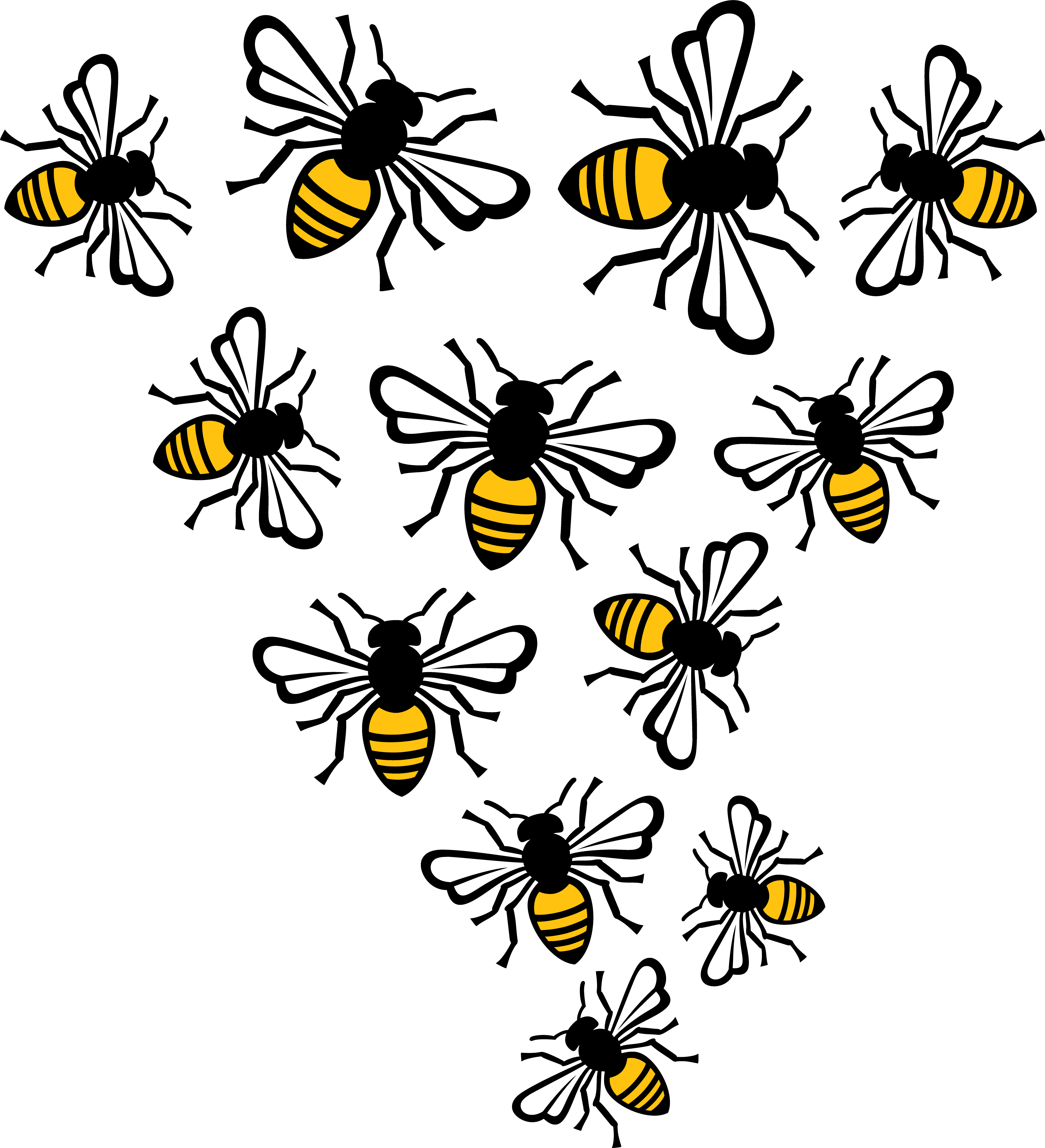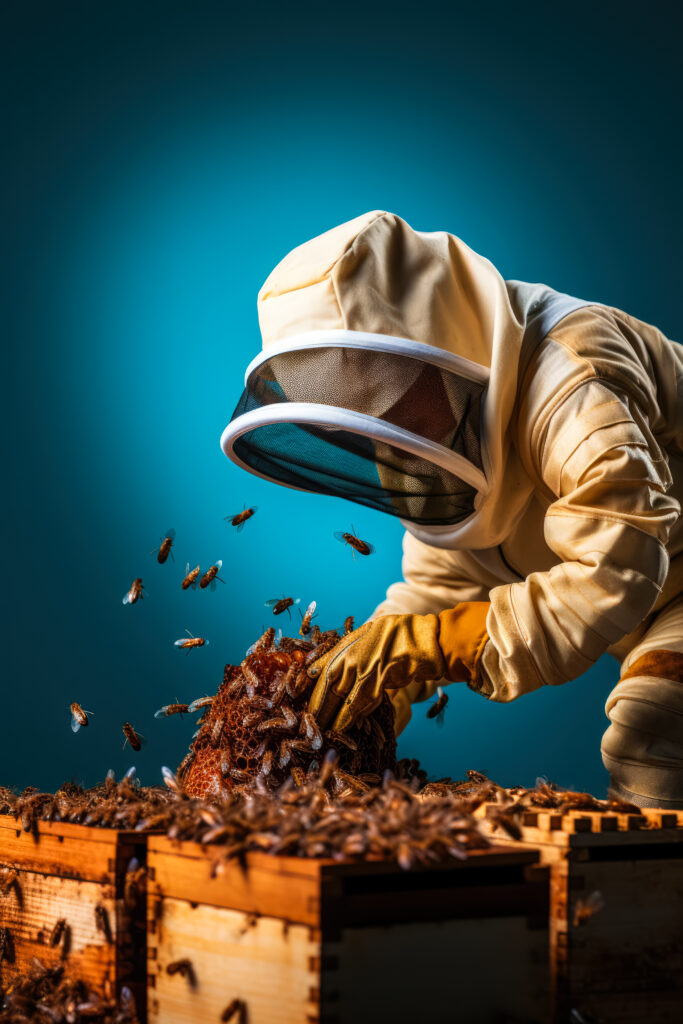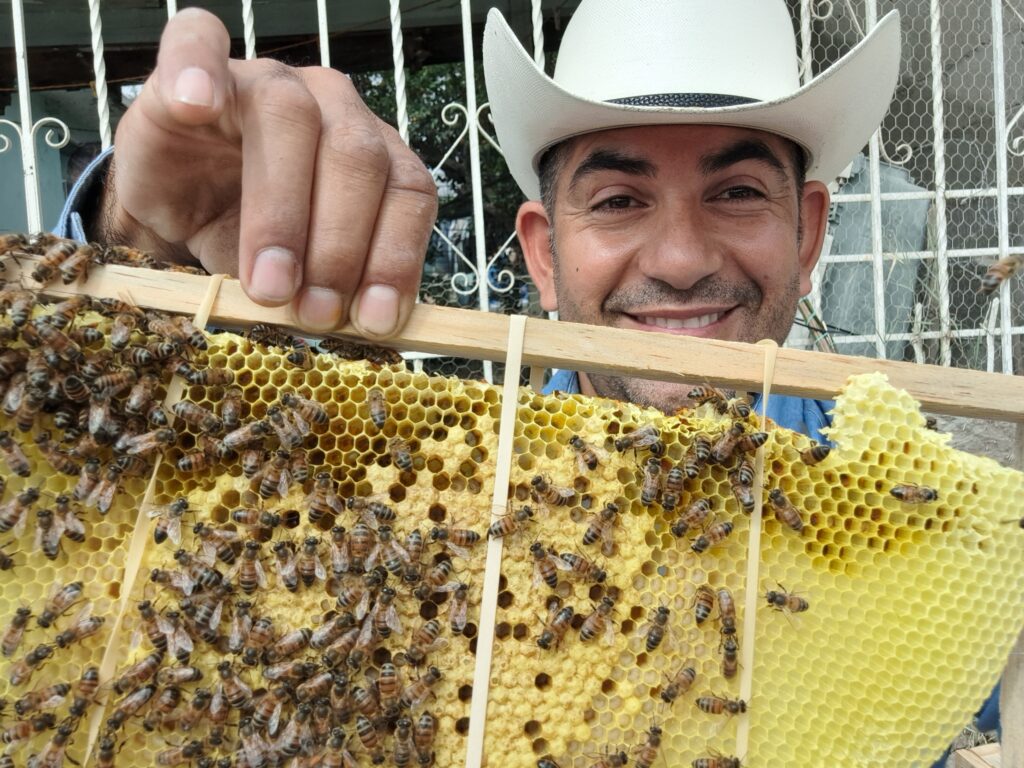Commercial Beekeeping Marketing and Sales Comprehensive Overview.
Marketing and Sales in Commercial Beekeeping: A Comprehensive Overview
The apiculture industry, driven by the cultivation and management of bee colonies, plays a pivotal role in global agriculture, ensuring pollination and producing honey and other hive products. However, beekeeping is not solely about the management of bees; it is also a business endeavor that requires an understanding of marketing and sales strategies to maximize profitability and success. In this comprehensive discourse, we will delve into the crucial aspects of marketing and sales in commercial beekeeping, shedding light on the intricacies and strategies required to thrive in this industry.
The Commercial Beekeeping Landscape
Commercial beekeeping is the practice of maintaining numerous bee colonies for the purpose of generating income through the sale of honey, beeswax, royal jelly, pollen, and other hive-derived products. While honey remains one of the primary commodities, the diversified nature of the apiculture industry allows for multiple revenue streams. As a result, the marketing and sales aspects of commercial beekeeping are essential for achieving sustainable growth.
Understanding the Target Market
Effective marketing and sales strategies begin with a deep understanding of the target market. The demand for bee products is diverse, ranging from consumers seeking high-quality honey to industries requiring pollination services for crops. Recognizing the various customer segments and their specific needs is the cornerstone of a successful commercial beekeeping venture.
Consumer Honey Market: For those involved in honey production, understanding consumer preferences, such as varietal honey, organic or raw honey, and local or exotic flavors, is paramount. Creating unique selling propositions (USPs) and branding efforts can help differentiate your honey in a crowded market.
Pollination Services: Commercial beekeepers often provide pollination services to farmers. Effective marketing in this context involves building relationships with agricultural clients, demonstrating the value of your services, and ensuring your hives are healthy and well-maintained to meet pollination demands.
Bee Product Manufacturers: Companies that use bee-derived products in their production processes, such as cosmetics and pharmaceuticals, are another target market. Building B2B relationships requires knowledge of industry regulations and quality standards.
Local and International Sales: Depending on the scale and ambitions of a beekeeping operation, marketing strategies may vary from local farmers' markets to international export. Understanding export regulations, quality control, and shipping logistics is crucial for expanding sales beyond local markets.
Product Differentiation and Quality Assurance
In a competitive landscape, setting your bee products apart is essential. Quality assurance and product differentiation are key factors. Commercial beekeepers need to invest in hive management practices that ensure the quality and purity of their products, as discerning consumers seek natural, unadulterated goods. In addition, promoting your products' origin, health benefits, and unique characteristics can help capture the attention of potential buyers.
Online Presence and E-Commerce
In the digital age, an online presence is indispensable for any business. Commercial beekeepers can benefit from creating a professional website, engaging in e-commerce, and utilizing social media platforms for marketing and sales. This enables them to reach a wider audience, promote their products, and connect directly with consumers.
Branding and Packaging
An appealing brand and packaging are critical in marketing bee products. They convey quality, authenticity, and professionalism. A well-designed label or packaging can be the difference between a product that sits on the shelf and one that flies off it. Building a strong brand identity can foster customer loyalty and trust.
Compliance and Regulation
The beekeeping industry is subject to various regulations and standards, particularly when exporting products. It is essential for commercial beekeepers to be well-versed in local and international laws governing bee product production and trade. Compliance not only ensures the legality of operations but also instills trust in customers and partners.
Networking and Industry Involvement
Active participation in beekeeping associations and industry events is invaluable. Networking with fellow beekeepers and industry professionals can provide valuable insights, business opportunities, and partnerships. Additionally, staying informed about the latest developments in beekeeping, such as innovative hive management techniques, pest control methods, and sustainability practices, can keep your business competitive.
Conclusion
Commercial beekeeping represents a unique and dynamic sector within the agriculture and food industry. Success in this field hinges not only on the health and management of bee colonies but also on effective marketing and sales strategies. Understanding the target market, differentiating products, embracing e-commerce, investing in branding, adhering to regulations, and actively participating in the industry are all crucial components for thriving in the competitive world of commercial beekeeping. By employing these strategies, beekeepers can not only contribute to the well-being of bees and ecosystems but also achieve economic prosperity in a sector deeply entwined with nature and agriculture.




